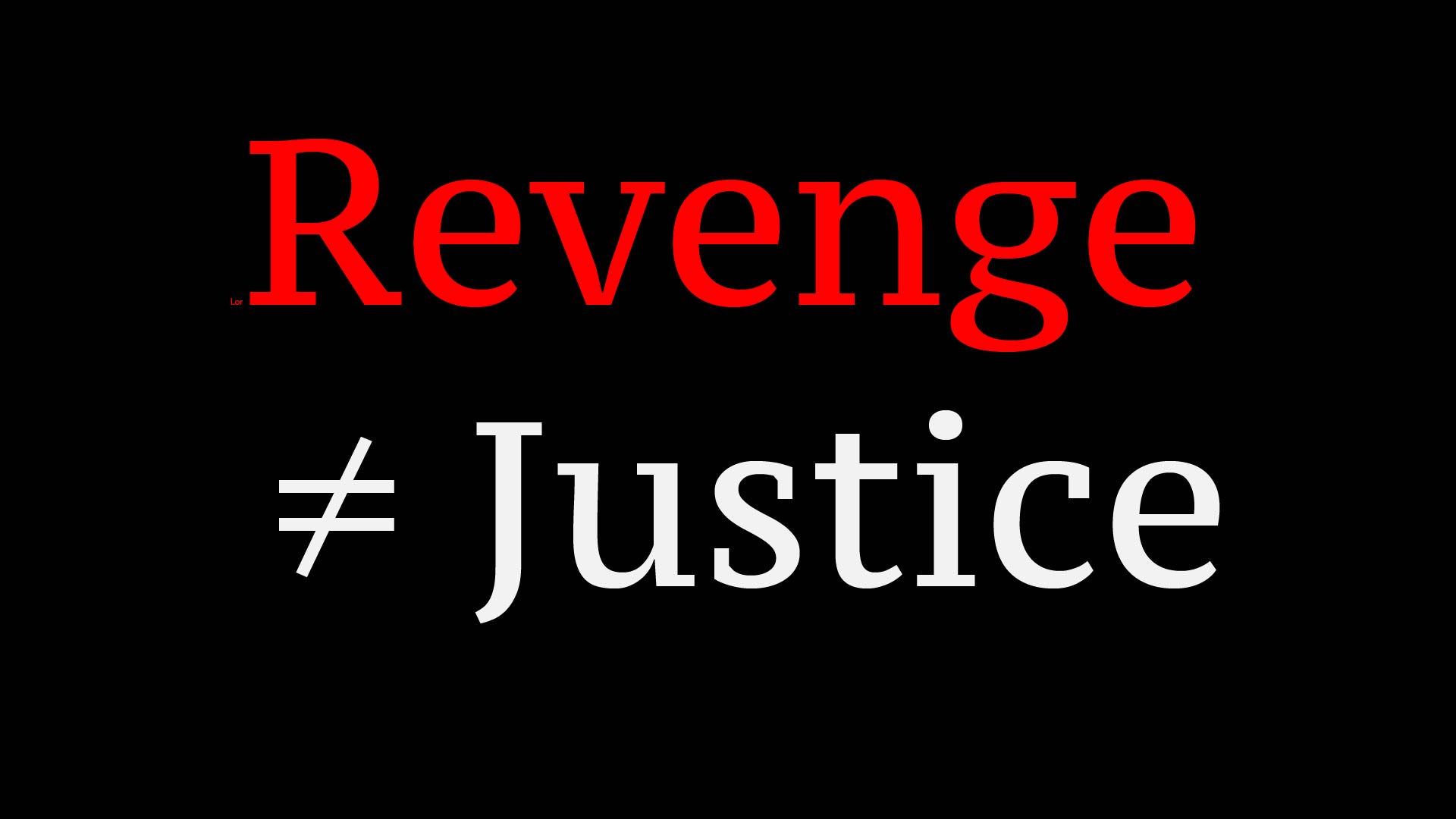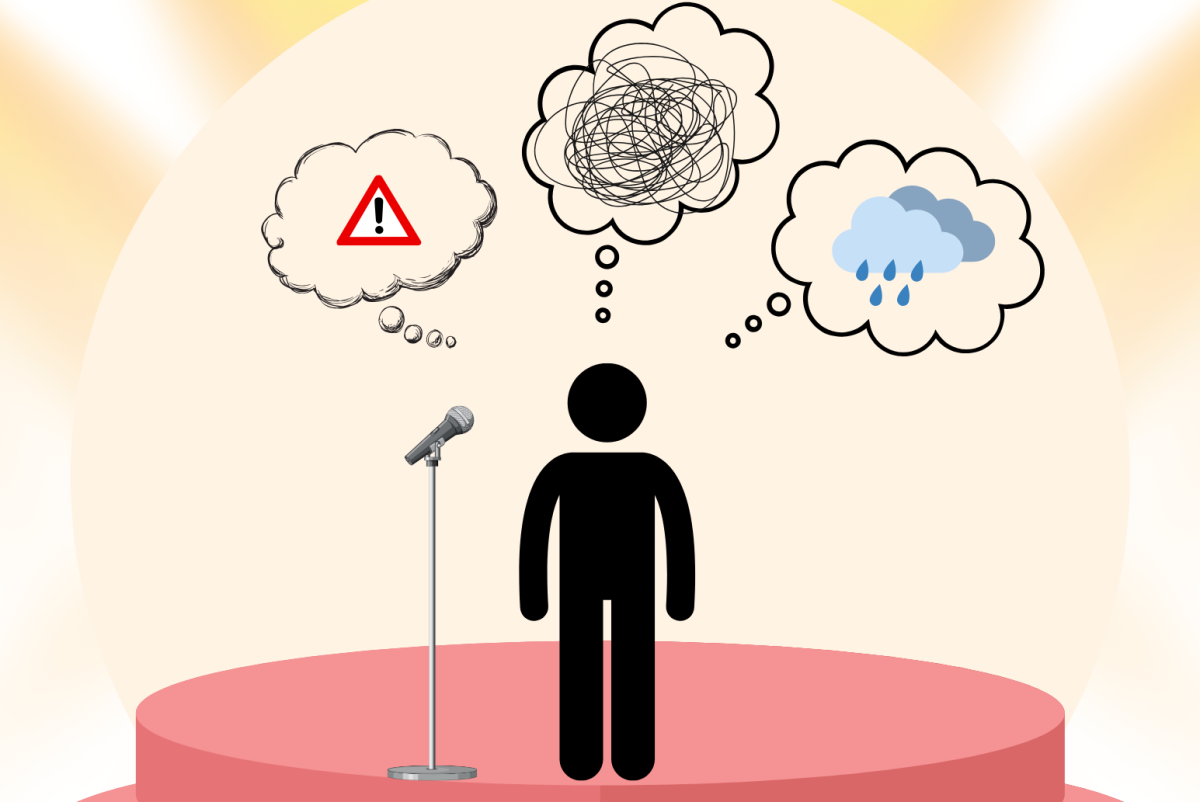Content warning: This article discusses sensitive topics that may not be suitable for young readers, including capital punishment.
Six p.m. central time Tuesday, Sept. 24, 2024.
If you don’t know the significance of this date, let me inform you. This was the time an innocent man was executed. A man convicted of murder with no physical evidence or incentive tying him to the crime. A man given an unfair trial by the state of Missouri. A Black man accused of killing a white woman. This man is Marcellus Williams.
Williams’ case is a prime example of everything wrong with the United States justice system: racial profiling, mishandled evidence and bribed witnesses. Williams spent 24 years in prison paying the price of someone else’s wrongdoing. He was convicted in 2001, and in the 23 years since, his attorneys, the prosecuting attorneys and even the victim’s family have tried to overturn his death sentence.
There was a national uproar in Willams’ defense on social media in the weeks leading up to his execution, including protests and letters sent to Missouri governor Mike Parsons by organizations like the NAACP and the Innocence Project.
“If there is even the shadow of a doubt of innocence, the death penalty should never be an option,” Missouri prosecutor Wesley Bell wrote in a tweet. “This outcome did not serve the interests of justice.”
But despite their efforts, Missouri Governor Mike Parson and the Missouri state Supreme Court refused to overturn the execution.
“The state of Missouri and our nation’s legal system failed Marcellus Williams, and as long as we uphold the death penalty, we continue to perpetuate this depravity,” Missouri Representative Cori Bush said in a statement after Williams’ execution.
If only this was an anomaly.
There have been over 1,600 government-mandated executions in the United States. There have also been over 200 death-row prisoners exonerated of all charges. This means there is a 12.5% failure rate within the system — a percentage that increases with every death row inmate proven innocent. Our system is far from foolproof.
The Eighth Amendment of the Constitution prohibits “cruel and unusual punishment.” No matter if you consider the death of a guilty party cruel and unusual, I hope it’s universally acknowledged that an innocent person’s death is cruel — not only to them, but also to their family.
Precautions are in place to reserve the death penalty for specific circumstances only. The penalty can only be imposed if someone over 18 years old is convicted of a capital offense, which includes murder, treason and genocide. According to United States death penalty laws and procedures, the government must prove premeditated motives and aggravated factors beyond a reasonable doubt.
I can’t be the only one, though, to see the contradiction in Williams’ case: Two dishonest witnesses and a lack of DNA evidence don’t prove guilt beyond a reasonable doubt.
My disdain for capital punishment is rooted in four false opposition points.
1. It Is Not The Cheaper Option
In California, our government spends $137 million per year trying death penalty cases, when prosecuting regular trials would be $11.5 million. This is due to capital punishment cases being required to try the case twice, once to determine innocence and a second for sentencing logistics. In these extended cases, lawyer and judge fees rack up, costing the government millions of unnecessary dollars. This diverts monetary resources from other important cases and areas of law enforcement.
2. It Will Not Lower Crime Rates
There is no credible evidence to support that the death penalty deters crime, according to the American Civil Liberties Union. Crime rates do not differ between states with and without the death penalty. Additionally, states that abolished capital punishment do not have higher murder rates. The death penalty does not deter crime.
The death penalty is prejudiced against people with intellectual disabilities and racial minorities. According to the National Association of Criminal Defense Lawyers, Black and Hispanic people represent 31% of the United States population but 53% of death row inmates. A 2005 study in California found that homicide with a white victim is 3.7 times more likely to result in the death penalty than Black victims and 4.73 times as likely as homicides with Hispanic victims.
3. It Does Not Provide Family Closure
Death does not inherently provide closure. If someone is sentenced to the death penalty, it automatically goes through appeal and often retrials. These procedures can take approximately 17 years, as opposed to normal federal court cases in the judicial system which take 12-18 months. Victims’ families and witnesses have to relive the trauma for years on end. The death penalty often causes more agony for the people involved and does not provide closure for several years.
4. Revenge is Not Justice
I’m sure everyone has heard the phrase “an eye for an eye,” but that is not how our justice system should work. Whether it’s karma, revenge or vengeance you seek, it is not justice you receive, especially when there is no way to reverse your actions. Once someone is dead, there is no turning back. People forget the rest of the phrase: “An eye for an eye makes the whole world blind.”
Trying to take an eye for an eye, the jury was blind to the innocence of Marcellus Williams. I understand that reform can’t happen overnight, but there should be more restrictive reservations for use. To start, capital punishment should only be used when there is a serial killer with undeniable evidence from multiple sources. The outlined reform would be a compromise for both sides, especially when a prominent argument for the death penalty is to execute mass murderers.
The proposed policy would be a starting point to ensure that innocent convicts get the chance to prove themselves without a ticking clock counting down their deaths.














